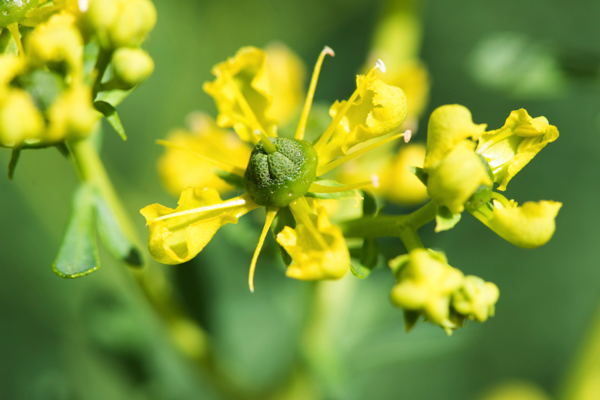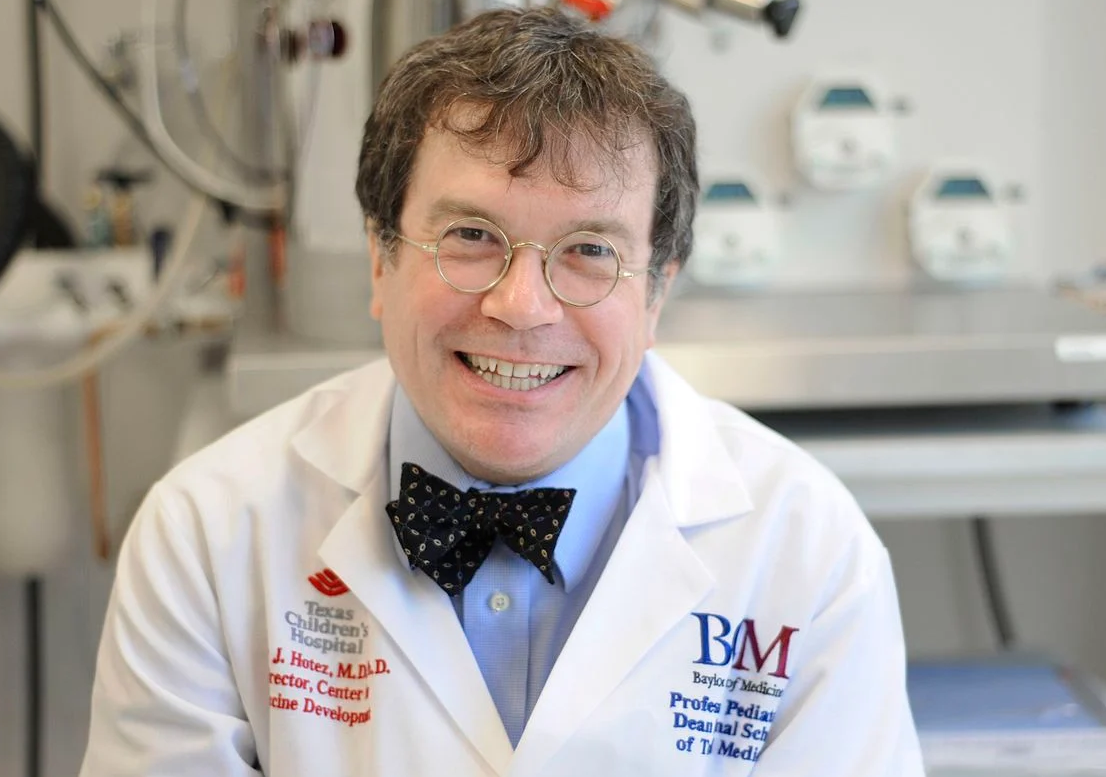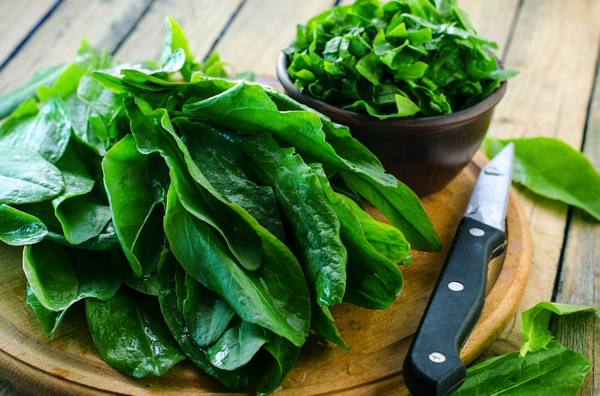 Parler
Parler Gab
Gab
"Patients on IFN-α therapy, infection with hepatitis B or hepatitis I virus, hepatocellular carcinoma, other malignancies, major severe illness, or treatment non-compliance."
The study was carried out for three months, with the following parameters tracked:
"[C]linical parameters, complete blood count, liver function, renal function, plasma glucose, total antioxidant capacity (TAC), and polymerase chain reaction, were all assessed at baseline and at the end of the study. Clinical assessment included: hepato and/or splenomegaly, jaundice, palmar erythema, flapping tremors, spider naevi, lower-limb edema, and ascites. N. sativa was administered for three successive months at a dose of (450 mg three times daily). Clinical response and incidence of adverse drug reactions were assessed initially, periodically, and at the end of the study."
The patients were given the following treatment:
"[A]ll patients received one capsule of N. sativa seed oil (450 mg) available as soft gelatin capsules (Baraka; Pharco Pharmaceuticals) three times daily after meals continuously for 3 mo. Patients were followed up every 2 wk throughout the study period for assessing treatment adherence, tolerability and incidence of adverse reactions."
The positive results were reported as follows:
"N. sativa administration significantly improved HCV viral load (380808.7 ± 610937 vs 147028.2 ± 475225.6, P = 0.001) and TAC (1.35 ± 0.5 vs 1.612 ± 0.56, P = 0.001). After N. sativa administration, the following laboratory parameters improved: total protein (7.1 ± 0.7 vs 7.5 ± 0.8, P = 0.001), albumin (3.5 ± 0.87 vs 3.69 ± 0.91, P = 0.008), red blood cell count (4.13 ± 0.9 vs 4.3 ± 0.9, P = 0.001), and platelet count (167.7 ± 91.2 vs 198.5 ± 103, P = 0.004). Fasting blood glucose (104.03 ± 43.42 vs 92.1 ± 31.34, P = 0.001) and postprandial blood glucose (143.67 ± 72.56 vs 112.1 ± 42.9, P = 0.001) were significantly decreased in both diabetic and non-diabetic HCV patients. Patients with lower-limb edema decreased significantly from baseline compared with after treatment [16 (53.30%) vs 7 (23.30%), P = 0.004]. Adverse drug reactions were unremarkable except for a few cases of epigastric pain and hypoglycemia that did not affect patient compliance."
The study concluded:
"In conclusion, N. sativa administration in HCV patients is safe and tolerable and results in a significant improvement in viral load, oxidative stress and laboratory markers. Moreover, the clinical improvement and better glycemic control in patients with diabetes indicate a potential role for N. sativa in improving the clinical outcome of HCV patients. We recommend larger controlled multicenter randomized studies for longer periods for evaluation of the potential beneficial role of N. sativa in HCV patients with and without concurrent IFN therapy."
Clearly, this study reveals just how promising the food-based approach to treating disease really is. Not only is using a food like black seed as medicine safer, but pharmaceutical intervention has serious side effects and can cost $15,000 to $20,000 per full course of treatment, making it impossible for many who are suffering to afford.
Read more at: GreenMedInfo.com
Daniel Penny show trial: Judge allows prosecution to swap out charge in bid to secure a conviction
By News Editors // Share
By News Editors // Share
Exploring the brain benefits of RUE
By Olivia Cook // Share
Health benefits of sorrel leaves: An ancient remedy backed by modern science
By Olivia Cook // Share
Governments continue to obscure COVID-19 vaccine data amid rising concerns over excess deaths
By patricklewis // Share
Tech giant Microsoft backs EXTINCTION with its support of carbon capture programs
By ramontomeydw // Share
Germany to resume arms exports to Israel despite repeated ceasefire violations
By isabelle // Share










